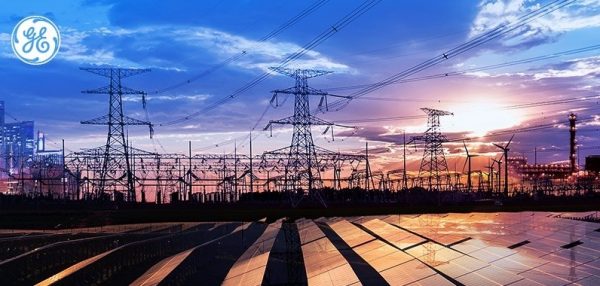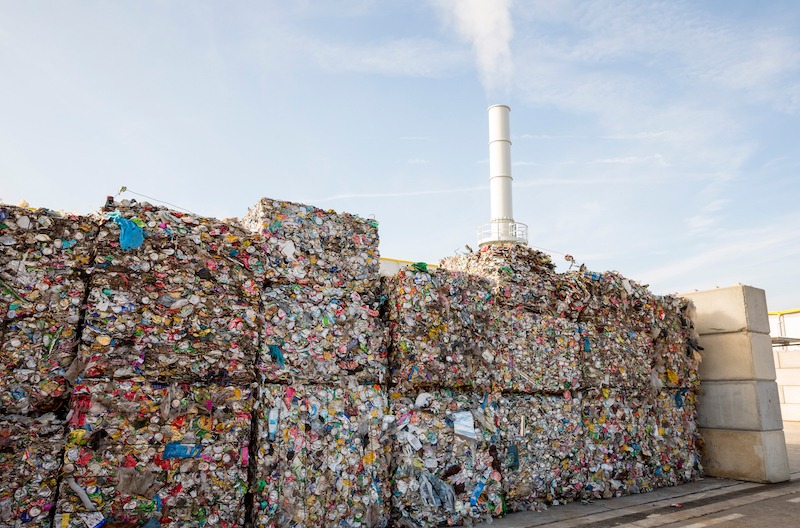Green Jobs and One Economy Pillar: Sustainability
Accounting/Finance, Feature

May 7, 2019, 5:47 am
Today we still hear people who speak about the traditional three pillars of sustainability encompassing environmental friendliness, socially acceptability and economically viability.
Does this definition still make sense in today’s economy?
The significance of the other two pillars need to be reevaluated in today’s economy taking into account the overall costs that non-sustainable practices involve.
If all public costs related to damages caused by extreme events (drought, typhoons floods, extreme weather conditions), the social costs related to increase health care the answer is simple: there is no such pillar as economic viability because the only economically viable solutions are sustainable solutions.
This is further emphasised if consideration is given to the social and environmental liabilities that are passed onto the new generations to be dealt with for not being sustainable.
Growth is one of the main prerogatives of the economy as it is perceived today: economy has to grow in order to be healthy and for quite a long time the emphasis has been on how humanity could solve the apparent dichotomy between environmental impact and sustainable economic development which has been the base of the incompatibility between sustainability and economy.
In fact, this dichotomy does not exist. A new wave of economic development can reconcile the exigencies of a healthy economy and an abundantly natural world. Beyond humanity’s own survival and wellness there are various driving forces that would lead to a greener economy.
Optimisation and lifecycle costs
Many of the economic choices made on short term planning reveal themselves as in-convenient, if not disastrous, on a long-term basis and through the lifecycle of the initiative.
For instance, one of the aspects that is neglected in a fair evaluation of solar tariffs against conventional fossil fuel is the holistic lifecycle considerations on the long-term scenarios. Power tariffs from conventional fossil fuel are susceptible to dangerous variations indexations resulting from fuel price and manpower adjustment.
Incentives and the need for an all-inclusive economy
It is a normal rule in economy that the liabilities accumulated within the lifecycle of a project should be paid off within the duration of the project. In reality today, economy passes environmental debts from one generation to another for tens or hundreds of years after the project is completed.
In reality waste and environmental damage is not fully acknowledged today as a financial liability and there is no clarity on who and when the liabilities accrued will be paid. The related financial aspects are neglected and passed on. If the environmental debt that is generated by some of this business endeavours was fully considered, then the financial viability of some of these business initiatives would most probably resolve for completely different projects and initiatives.
Green jobs and creating an economy of abundance
In practice, there will be soon no realistic long-term alternative to humanity except to strive towards a new economic development that combines profit and economic growth with environment, beauty, sustainability and happiness. New technology scenarios are opening and it is essential to look at the transformation of the economy and the new jobs- green jobs – that this development will create.
Around this progressive development therefore, humanity should be able to imagine and build a new economy that initially is underpinned by the competitiveness of more efficient products and then develops further and further more holistic exigencies in human life.
If the economy accepts the responsibility for the consequences of business decisions upon human well-being and natural eco systems, new businesses can be built up around sustainable development and the environmental debt that has been generated can be transformed into an environmental credit.
This will in turn revert the liabilities humanity has accrued with the environment and nature into an asset.
The economy is going to invest the same or less amount of efforts in the process of transforming the environmental debt into a credit than in paying the debt in one shot later and this economy in the meantime generates new jobs new opportunities and an increased wealth.
This obviously would become the driver of a new economy; the new wave of economic development whereby profit is made on purposeful business initiatives.










